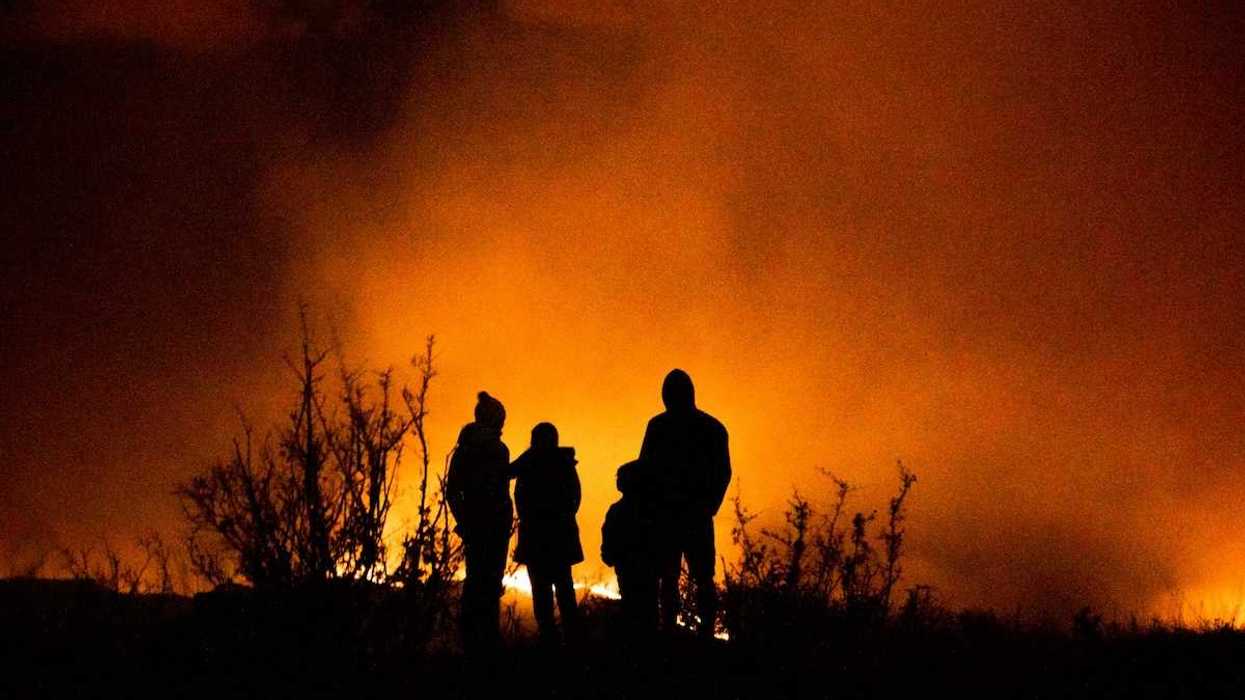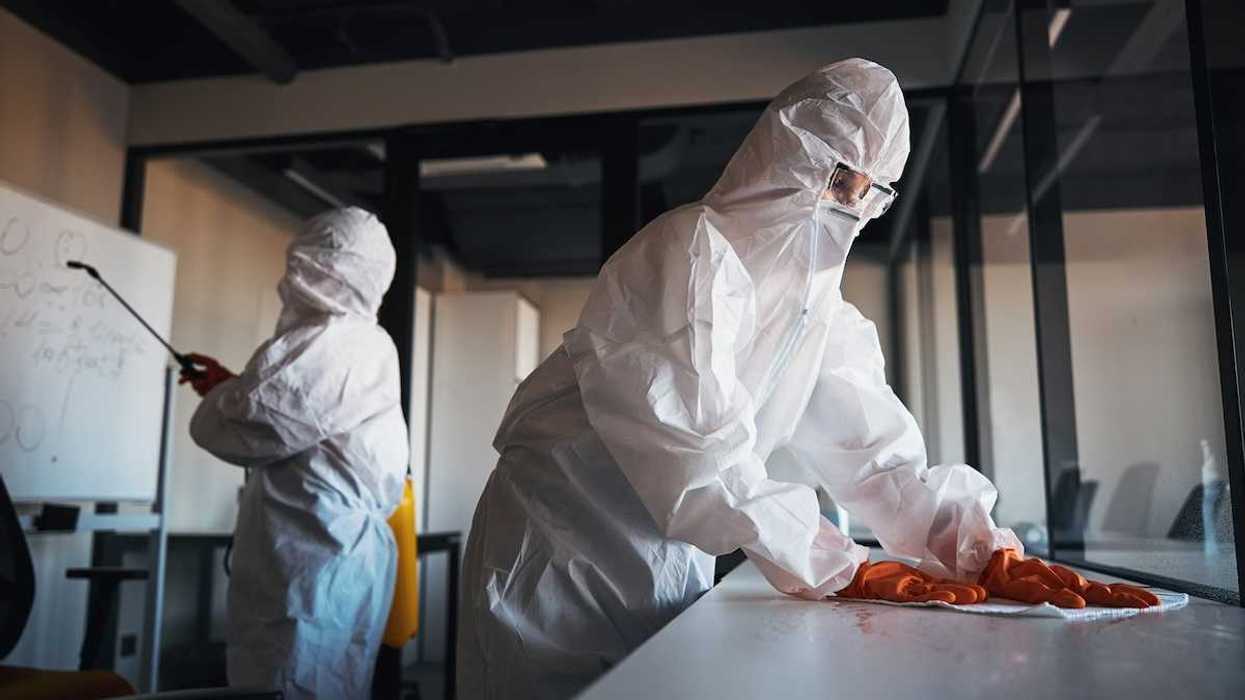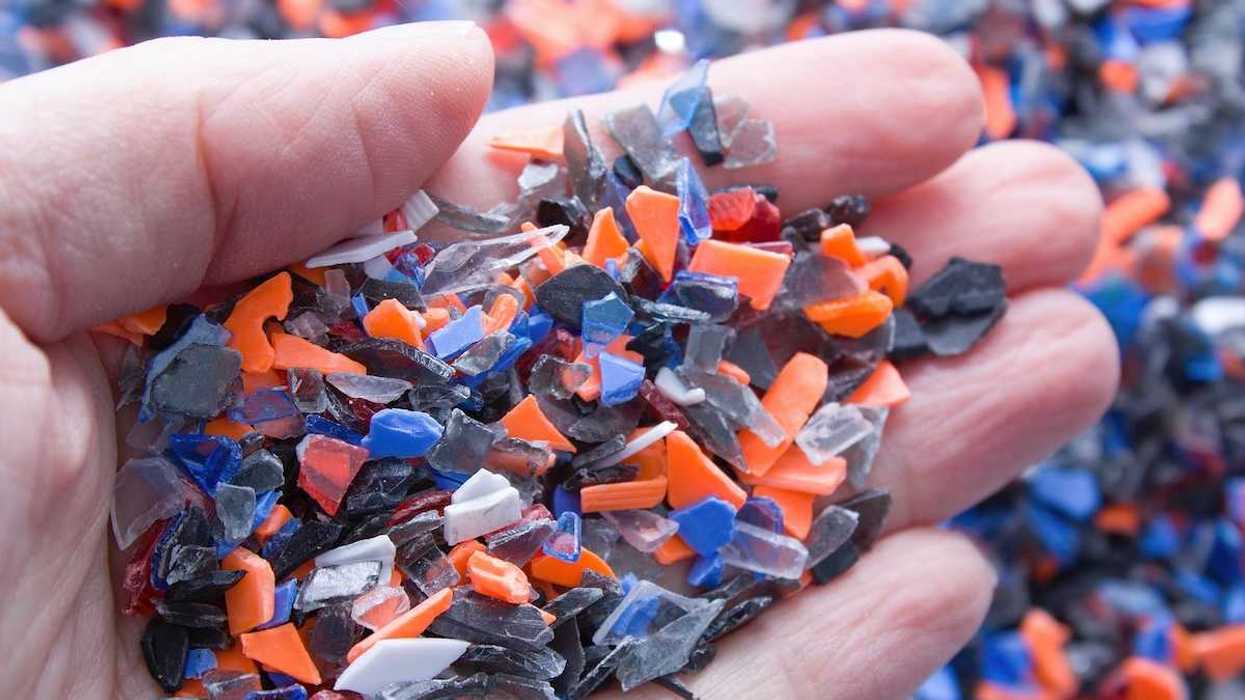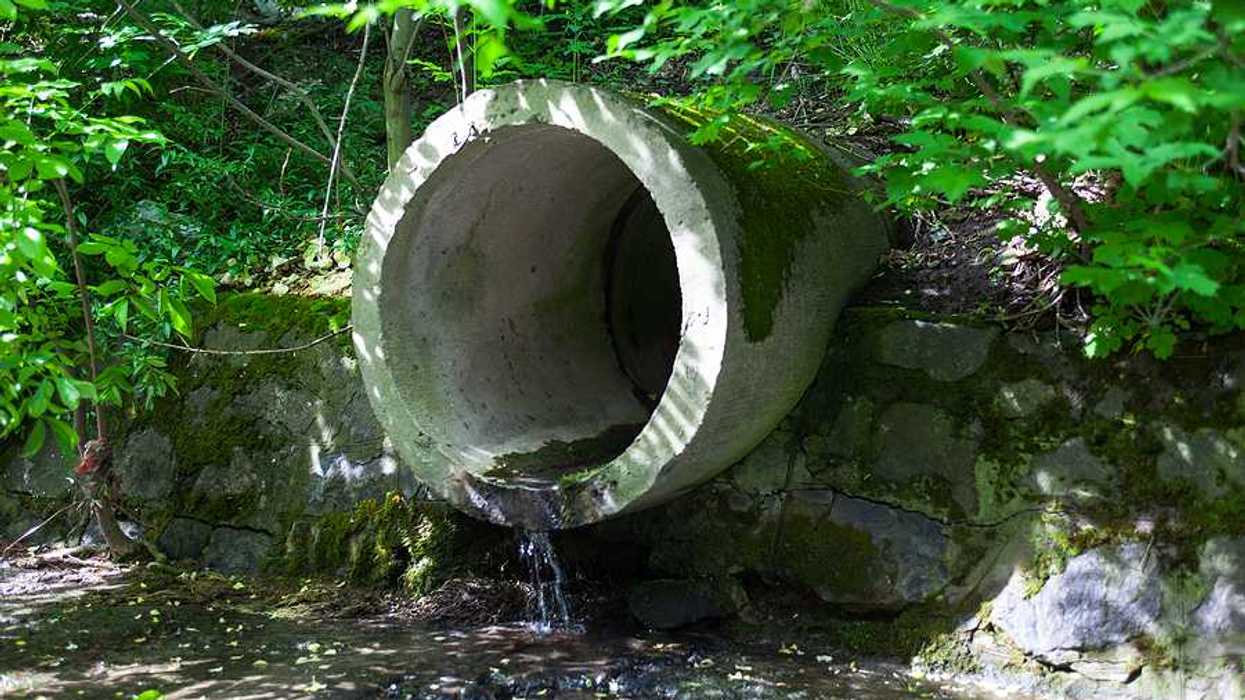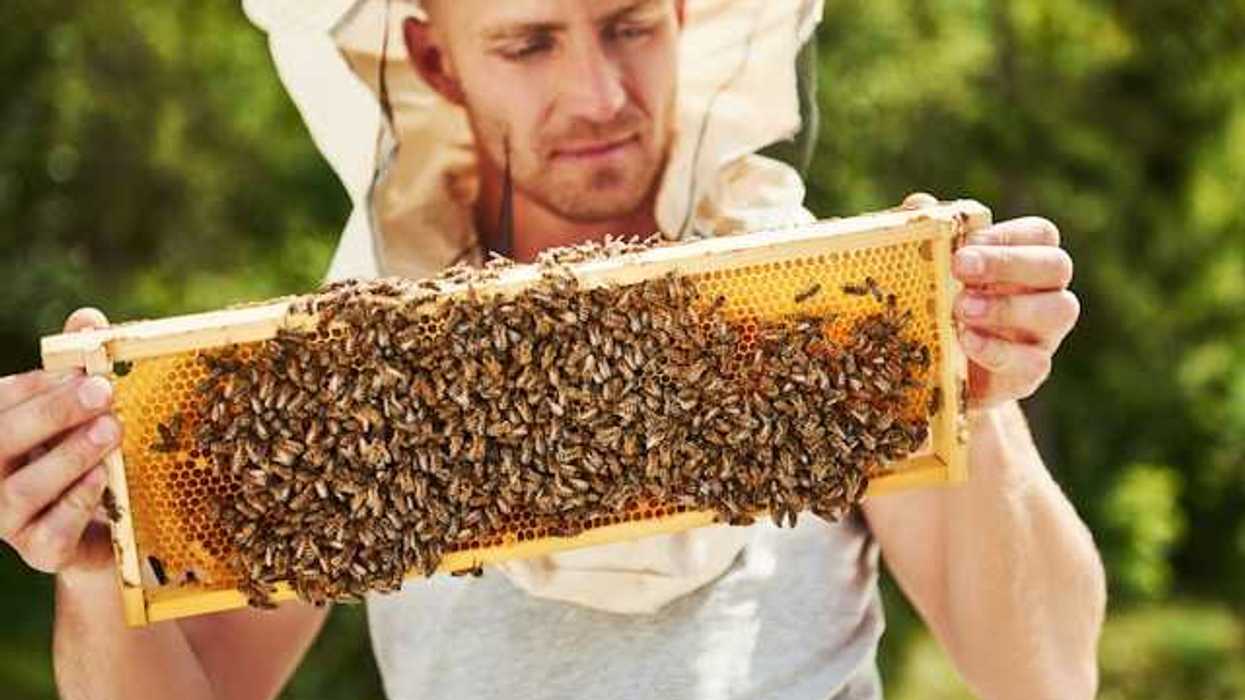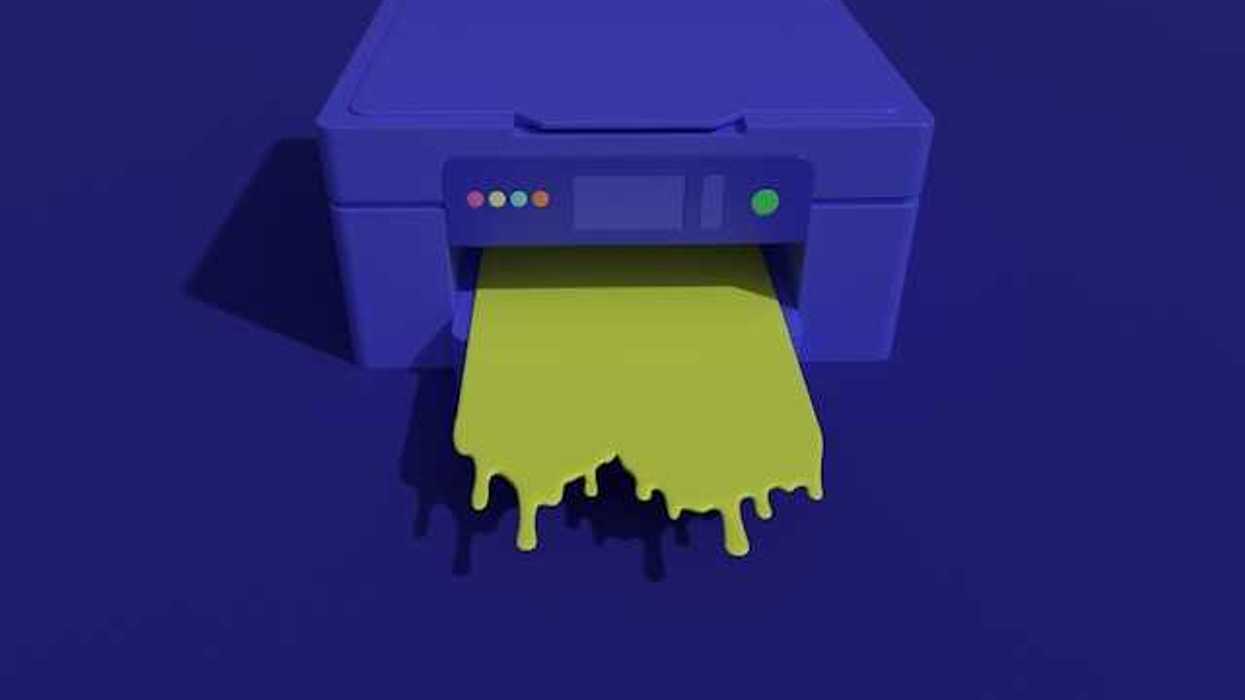Treated sewage by-products from Sydney wastewater plants, used as fertilizer, contain elevated levels of harmful "forever chemicals" linked to serious health risks.
Xanthe Gregory and Joanna Woodburn report for ABC News.
In short:
- Biosolids from Sydney's wastewater treatment plants contain high levels of PFAS, used to fertilize crops and grazing lands.
- PFAS exposure is linked to diseases such as high cholesterol, lower birth weight and certain cancers.
- The NSW environment agency is reviewing biosolids guidelines, with new thresholds expected by 2025.
Key quote:
“These wastewater treatment plants are a big source of PFAS that ends up in the environment.”
— Anthony Amis, Friends of the Earth land use researcher
Why this matters:
PFAS contamination can enter the food chain through crops and livestock, posing health risks to consumers. As biosolids are widely used in farming, stricter regulations are needed to protect public health and the environment from these persistent chemicals.
Related: Tennessee might halt the use of PFAS-contaminated sewage sludge as fertilizer


